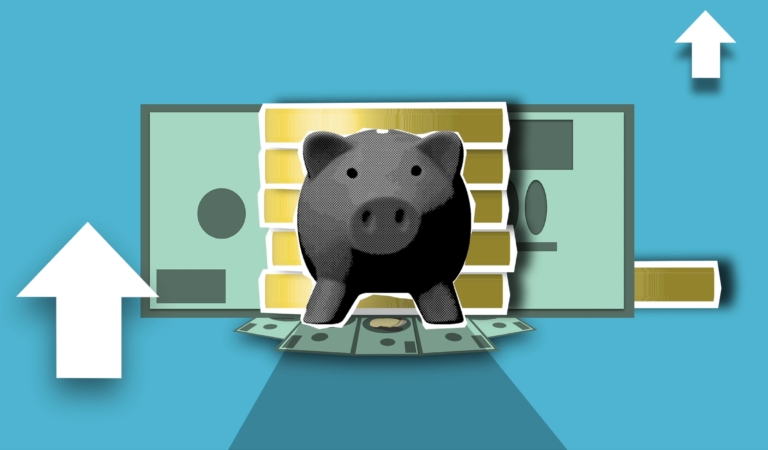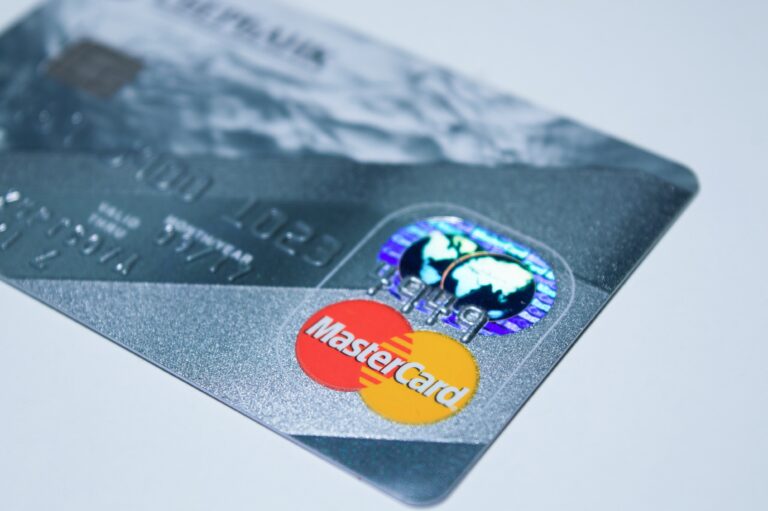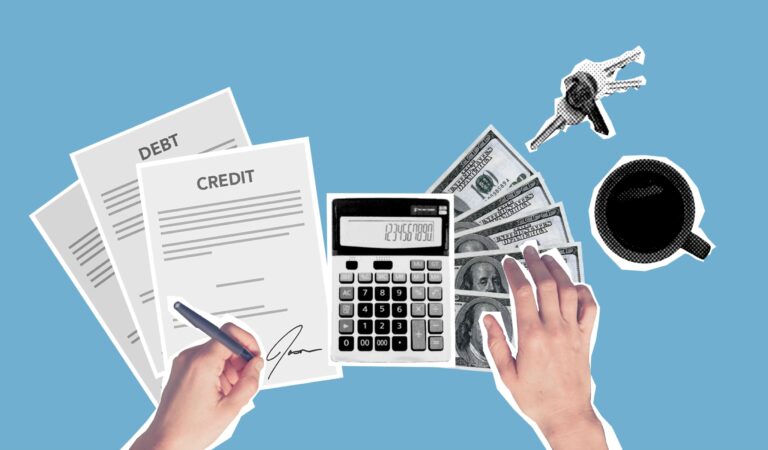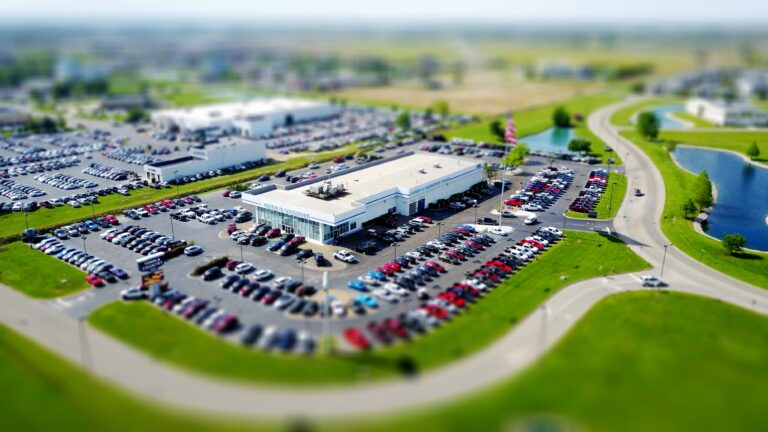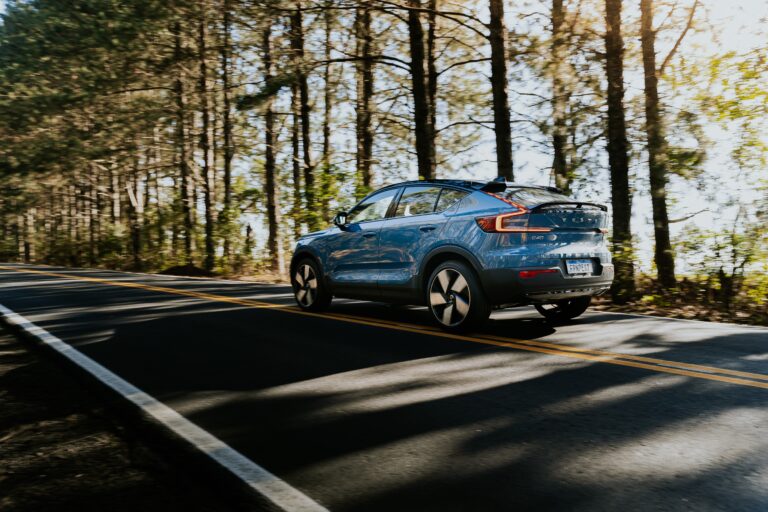Are you in the market for a new car, but unsure whether to lease or buy? Making the decision between leasing and buying a car can be a difficult one. Both options have their advantages and disadvantages, and it ultimately comes down to your personal circumstances and preferences. In this article, we will explore the pros and cons of leasing vs. buying a car, and help you make an informed decision.
Cars are essential for most people’s daily lives. They help us get to work, transport our families, and enable us to live our lives to the fullest. However, when it comes to acquiring a car, there are two main options: leasing or buying. Both options have their advantages and disadvantages, and it can be tough to know which one is the right choice for you. In this article, we’ll take a closer look at the differences between leasing and buying a car.
Before we dive into the pros and cons of leasing vs. buying a car, let’s take a look at what each option involves.
The Process Of Leasing A Car
Leasing a car means renting a vehicle for a prolonged period, usually 2 to 4 years, instead of purchasing it outright. You’ll need to make monthly payments to the leasing company to use the car. Once the lease ends, you’ll have to return the vehicle to the leasing company.
The process of leasing a car involves several steps:
- Choose the car: Start by selecting the vehicle you’d like to lease. Consider the make and model, as well as any features and options you want.
- Negotiate terms: Next, you’ll need to negotiate the terms of the lease with the leasing company or dealership. This includes the lease length, mileage allowance, and monthly payment amount.
- Sign the lease agreement: After agreeing to the lease terms, you’ll sign a legally binding contract. It outlines the monthly payment amount, lease length, and penalties for early termination or exceeding the mileage limit.
- Make monthly payments: Once you’ve signed the lease agreement, you’ll need to make monthly payments for the vehicle’s use. The payment amount depends on the lease terms.
- Maintain the car: During the lease term, you’re responsible for maintaining the car. This includes routine maintenance like oil changes and tire rotations.
- Return the car: When the lease ends, you’ll need to return the car to the leasing company. You may face fees for excessive wear and tear or exceeding the mileage limit.
Advantages Of Leasing A Car
- Lower monthly payments: Leasing a car typically has lower monthly payments than buying a car, as you’re only paying for the car’s depreciation during the lease term.
- No down payment: Most leases don’t require a down payment, which can make it easier to get into a new car.
- No long-term commitment: Leasing a car allows you to try out different cars every few years without being tied down to a long-term commitment.
- Lower maintenance costs: Most leases are under warranty, which means you’ll likely spend less on maintenance costs.
Disadvantages Of Leasing A Car
- Mileage restrictions: Most leases come with mileage restrictions, and you’ll face additional charges if you go over the limit.
- No equity: When you lease a car, you don’t own it, which means you won’t build any equity in the car over time.
- Fees and charges: Leasing a car can come with various fees and charges, such as an acquisition fee, disposition fee, and excess wear and tear charges.
- No customization: When you lease a car, you can’t make any modifications to it.
Leasing a car can be a great option if you want a lower monthly payment and don’t want the long-term commitment of buying a car. However, carefully consider the lease terms to ensure it’s the right choice for your financial situation.
The Process Of Buying A Car
Financing a car means borrowing money to purchase a vehicle. Unlike a car lease, where you’re essentially renting the car, financing allows you to own the car outright once you’ve paid off the loan.
Here’s what it’s like to finance a car:
- Shop around: Before financing a car, you’ll want to shop around for the best loan terms. This can include interest rates, loan length, and monthly payments.
- Get pre-approved: Once you’ve found a lender, you may want to get pre-approved for a loan. This can help you understand how much car you can afford and make the car buying process smoother.
- Negotiate: When you’ve found the car you want, negotiate the purchase price. This can help you get the best deal possible and make the loan more manageable.
- Finalize the loan: Once you’ve negotiated the price, finalize the loan by signing a loan agreement. This outlines the terms of the loan, including the interest rate, loan length, and monthly payments.
- Insurance: Before you can drive your new car off the lot, you’ll need to have insurance coverage. Shop around for the best insurance rates and coverage.
- Make Payments: Once the loan is finalized, you’ll need to make monthly payments until the loan is paid off. This can take several years, depending on the loan terms.
Advantages Of Buying A Car
- Ownership: When you buy a car, you own it, which means you can keep it for as long as you want and modify or customize it as you please.
- No mileage restrictions: When you own a car, there are no mileage restrictions, which means you can drive as much as you want.
- No fees and charges: When you buy a car, there are no fees or charges beyond the purchase price and the interest on the loan, if you take one out.
- Ability to customize: When you buy a car, you can modify it however you like, whether that’s with aftermarket parts or by painting it a different color.
Disadvantages Of Buying A Car
- Higher upfront costs: Buying a car typically requires a down payment or a significant upfront cost.
- Higher monthly payments: Since you’re paying for the full cost of the car, your monthly payments will typically be higher than leasing.
- Higher maintenance costs: Once the car is out of warranty, you’ll be responsible for all maintenance costs, which can add up over time.
- Depreciation: Cars depreciate over time, which means that the car’s value will decrease over time, making it worth less than what you paid for it.
Financing a car can be a good option if you want to own a car outright and have the ability to customize or modify it as you see fit. However, carefully consider the loan terms and make sure it fits within your budget.
The Bottom Line
Deciding whether between leasing vs. buying a car can be a challenging decision, but it ultimately comes down to your personal circumstances and preferences. Leasing is a good option if you want to drive a new car every few years with lower monthly payments, while buying may be more cost-effective in the long run if you prefer ownership, have no mileage restrictions, and want to customize your car.
When making your decision, consider your budget, driving habits, and long-term goals. Think about whether you want to own the car, customize it, and keep it for an extended period. Or, do you want to drive a new car every few years without worrying about depreciation and sell or trade-in the car easily. Also, consider your credit score, mileage, and the car’s resale value.
Whether you decide to lease or buy a car, remember to shop around and negotiate the best deal possible. Research dealerships, compare prices, and negotiate the purchase price, lease terms, and interest rates. And, before signing any contract, make sure you understand all the terms and conditions, fees, and restrictions.
There is no one-size-fits-all answer to the leasing vs. buying a car question. It all depends on your individual needs and circumstances. So, take the time to evaluate your options, weigh the pros and cons, and make an informed decision that fits your budget and lifestyle.


